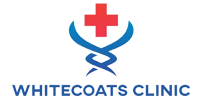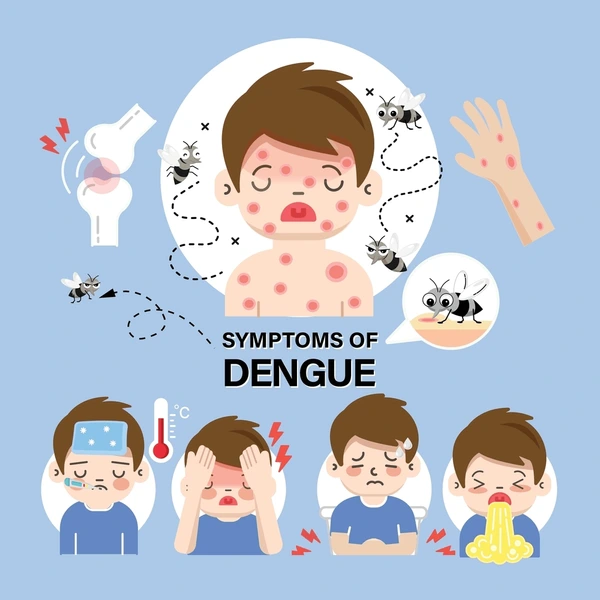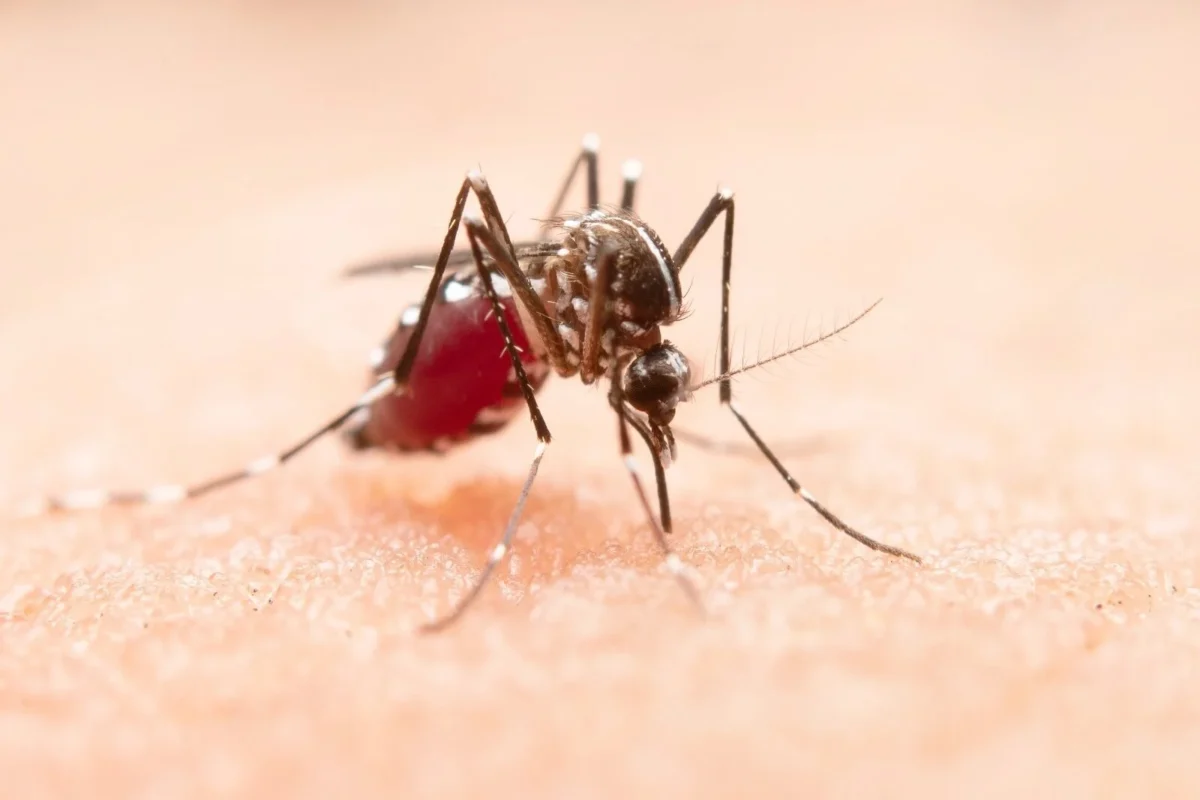7 Warning Signs of Dengue Fever in Kids: A Guide by WhiteCoat
Dengue fever is a serious mosquito-borne illness that can pose significant health risks, especially for children. As parents and caregivers, it’s crucial to recognize the early warning signs to seek prompt medical attention. At WhiteCoat, we prioritize your child’s health and well-being. Here’s a comprehensive guide to help you identify the seven warning signs of dengue fever in kids.
1. High Fever
One of the most common and early signs of dengue fever is a sudden, high fever. In children, this fever can reach up to 104°F (40°C) and often starts suddenly. Unlike regular fevers, dengue-induced fever is typically high from the onset and doesn’t respond well to common fever-reducing medications.
2. Severe Headache
If your child complains of an intense headache, especially in the forehead region, it could be a sign of dengue. This headache is usually persistent and severe, differing from typical headaches associated with colds or minor illnesses.
3. Pain Behind the Eyes
A distinctive symptom of dengue is retro-orbital pain, or pain behind the eyes. This can be particularly distressing for children and is a strong indicator of dengue when accompanied by other symptoms such as fever and headache.
4. Muscle and Joint Pain
Often referred to as “breakbone fever,” dengue is notorious for causing severe muscle and joint pain. In children, this can manifest as general body aches and discomfort, making them unusually irritable and restless.
5. Rash
A rash is another significant sign of dengue in kids. The rash often appears a few days after the fever begins and can cover most of the body. It may start as small red spots and can progress to a more widespread rash. In some cases, the rash might cause itching.
6. Nausea and Vomiting
Children with dengue fever frequently experience gastrointestinal symptoms such as nausea and vomiting. These symptoms can lead to dehydration, which is particularly dangerous for children. Ensuring they stay hydrated is crucial if these symptoms appear.
7. Fatigue and Weakness
Extreme fatigue and weakness are common in children suffering from dengue fever. This is due to the body’s immune response and the virus itself depleting the child’s energy reserves. If your child appears unusually tired or lethargic, especially when combined with other symptoms, it’s essential to consult a healthcare professional.
Additional Tips for Parents
- Stay Hydrated: Ensure your child drinks plenty of fluids. Dehydration can worsen the symptoms and complicate recovery.
- Monitor Symptoms: Keep a close eye on your child’s symptoms and seek immediate medical attention if they worsen or if new symptoms appear.
- Seek Medical Care: If you suspect your child has dengue fever, visit a healthcare provider promptly for diagnosis and appropriate treatment.
- Prevent Mosquito Bites: Use mosquito repellents, install screens on windows and doors, and ensure your child wears protective clothing, especially during peak mosquito activity times.
- Rest and Recuperate: Ensure your child gets plenty of rest to help their body fight off the infection.
Conclusion
Dengue fever can be a frightening illness for both children and their parents. Recognizing the warning signs early is key to ensuring timely medical intervention and preventing complications. At WhiteCoat, we are dedicated to providing you with the information and support you need to keep your child healthy and safe.
If you notice any of these warning signs in your child, don’t hesitate to contact a healthcare professional. Early diagnosis and treatment are crucial in managing dengue fever effectively. Stay vigilant, stay informed, and let WhiteCoat be your trusted partner in navigating your child’s health.
Your child’s health is our priority, and with this knowledge, you are better equipped to protect them from the dangers of dengue fever. Stay safe and proactive with WhiteCoat.




